
The United Nations (UN) reports that while the world has achieved progress towards gender equality and women’s empowerment, including equal access to primary education for girls and boys, women and girls continue to suffer discrimination and violence in every part of the world.
It says gender equality is not only a fundamental human right, but a necessary foundation for a peaceful, prosperous and sustainable world.
To continue with the fight for the attainment of the goals of gender inequality which facilitates women empowerment, women issues have been adequately captured in the Sustainable Development Goals (SDGs), just as they were in the Millennium Development Goals (MDGs).
Over the years, stakeholders worldwide have in their different capacities and collective efforts begun and continue to intensify the campaign for women and girls empowerment, as well as gender equality.
SDG 5
The UN Sustainable Development Goal 5 (SDG 5) mandates all United Nations member countries to achieve gender equality and empowerment by ending all forms of discrimination against all women and girls everywhere and eliminating all forms of violence against women and girls in the public and private spheres, including trafficking and sexual and other types of exploitation, by 2030.
It is believed strongly that providing women and girls with equal access to education, health care, decent work, and representation in political and economic decision-making processes will fuel sustainable economic development and benefit societies and humanity at large.
Zonta International
Many more stakeholders have appreciated this global campaign and continue to empower women and fight for gender equality and one of such remarkable institutions is Zonta International.
For almost a century, Zonta International, a leading global organisation of professionals empowering women worldwide through service and advocacy, has made tremendous strides in that regard.
It is a global organisation of nearly 30,000 members in 1,200 Zonta clubs in 66 countries that continues to advocate the promotion of rights of women at the international, national and local levels.
Zonta Says NO to Violence against Women is a Zonta International campaign launched to raise awareness of and increase actions to end violence against women and girls around the world.
Through funding from the Zonta International Foundation, the Zonta International Strategies to End Violence Against Women (ZISVAW) Programme has provided more than US$5.5 million to support projects to prevent and end violence against women and girls in 42 countries.
According to the President of Zonta International, Ms Sonja Hönig Schough, violence against women is a worldwide pandemic -crossing every social and economic class, every religion, race and ethnicity.
She said at least one out of every three women worldwide had experienced violence during their lifetime.
“We in Zonta International cannot accept this – we need to use all our energy to eradicate violence against women locally and internationally through service and advocacy.”
Partnerships
Ms Schough said through Zonta’s partnerships with United Nations agencies, Zonta would continue to work to reduce early marriage and early pregnancy in Niger and also contribute to the elimination of obstetric fistula and the reduction of maternal mortality, morbidity and sexual violence in Liberia.
“We are also working to create opportunities for vulnerable and excluded girls to realise their rights to education in a secure and protective environment in Madagascar and to create sustainable foundations for addressing the link between human trafficking and foreign labour migration of women and girls in Nepal,” she said.
Zonta International envisions a world in which women's rights are recognised as human rights and every woman is able to achieve her full potential, a world that ensures women have access to all resources and are represented in decision-making positions on an equal basis with men.
Commendation
When she officially opened the 32nd edition of Zonta International’s District 18 (African chapter) conference in Accra, the First Lady of Ghana, Mrs Rebecca Akufo-Addo, commended Zonta International for the tremendous work it was doing, particularly in Africa and in Ghana.
She noted that the organisation had facilitated the eradication of female genital mutilation (FGM) in some parts of Africa, helped advance the fight to end obstetric fistula and other avoidable health conditions that affected women and girls and helped in reducing child marriage in Africa.
She also recounted other achievements made by Zonta in the area of education and politics.
She said the New Patriotic Party (NPP) government was fully committed to making the country a shining example of gender equality and pledged her support to the government to deliver on its commitment to make Ghana a shining example of gender equality and women empowerment.
Affirmative Action Bill
She said the government was already putting in place measures, including efforts towards the passage of the Affirmative Action Bill, with the urgency it deserved.
Mrs Akufo-Addo said Ghana had started very well with women empowerment and participation, particularly in politics, but the country could do better.
She was of the opinion that although not enough, Ghana had a good number of women parliamentarians, ministers and leaders in other key positions and was poised to do better in terms of gender equality.
“The proposed Affirmative Action Law stipulates that women be given at least 40 per cent of all government appointments,” she said.
Therefore, she said, the passage of the Affirmative Action Bill would mean a brighter future for Ghanaian women and children.
In her remarks as Guest Speaker for the occasion, the Chief Executive Officer (CEO) of African Women's Development Fund, Ms Theo Sowah, underscored the need for gender equality to be seen as something that could drive the economic and political development Africa envisaged.
The United Nations (UN) reports that while the world has achieved progress towards gender equality and women’s empowerment, including equal access to primary education for girls and boys, women and girls continue to suffer discrimination and violence in every part of the world.
Read Full Story

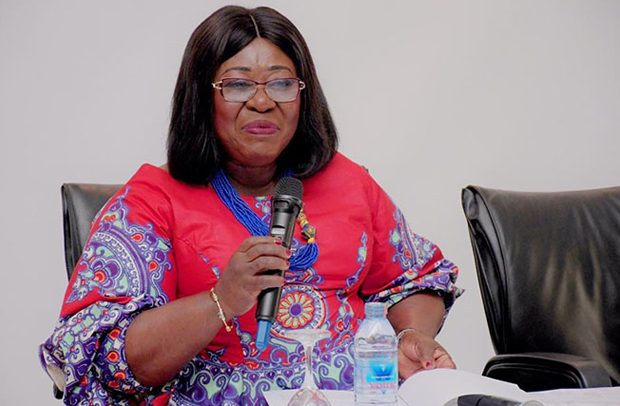

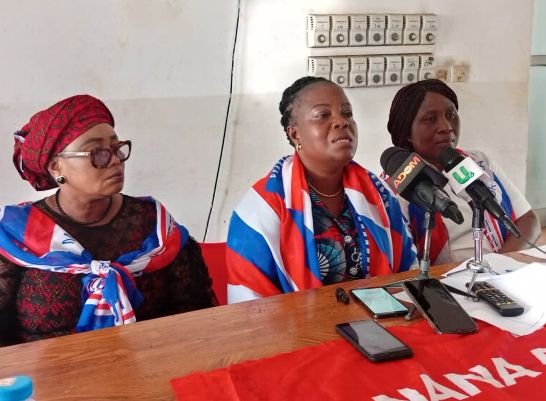






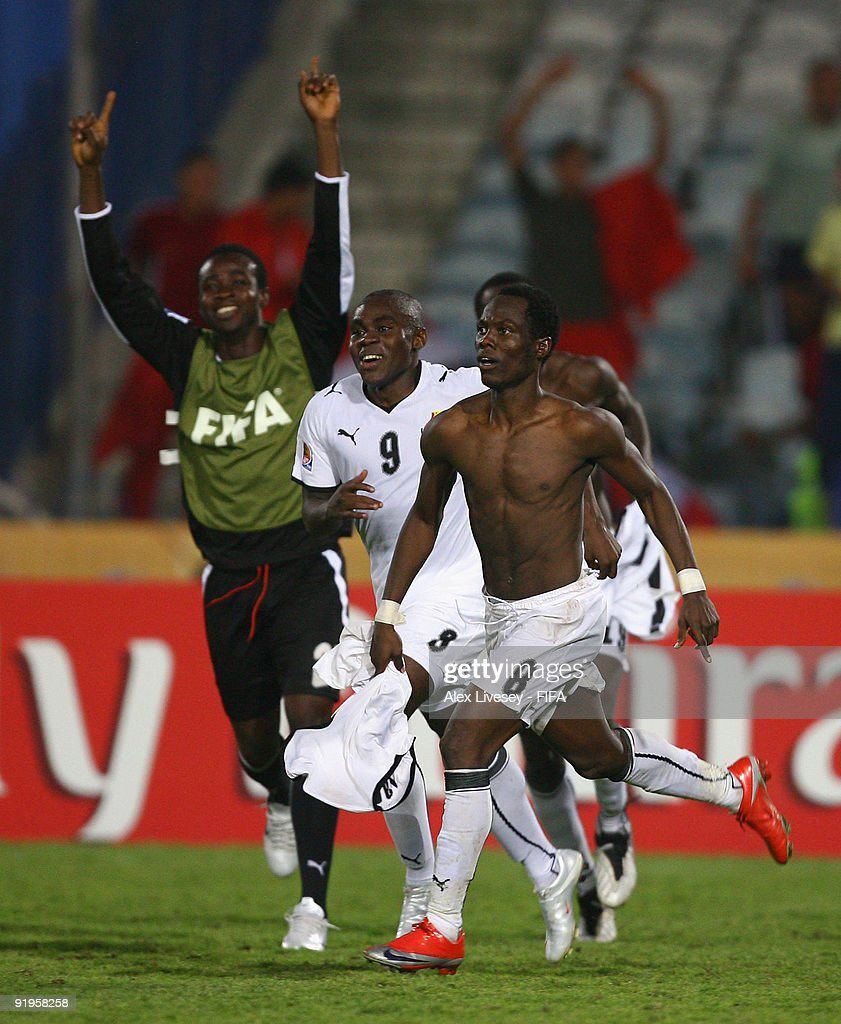


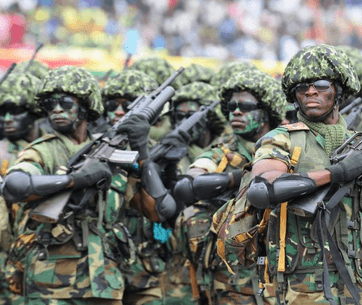
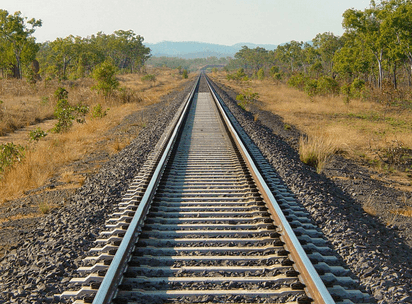

Facebook
Twitter
Pinterest
Instagram
Google+
YouTube
LinkedIn
RSS